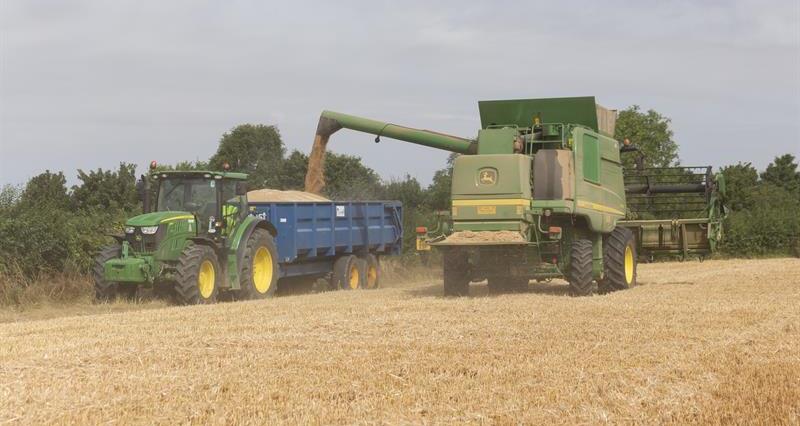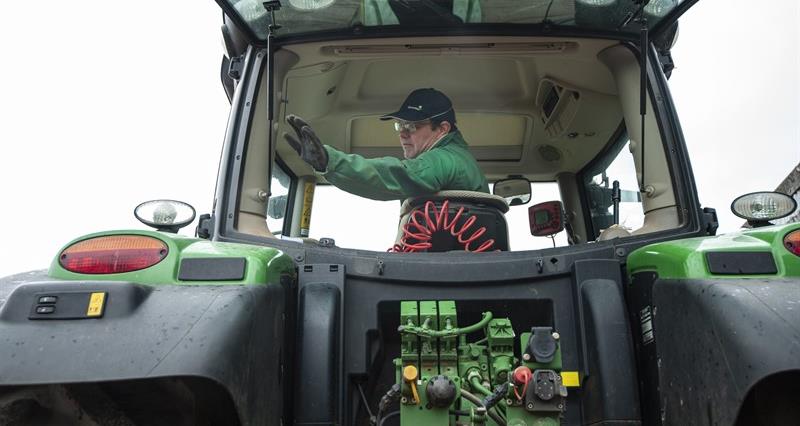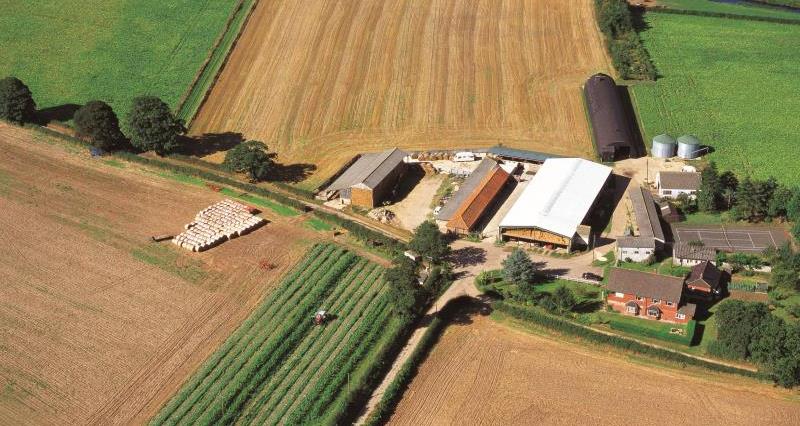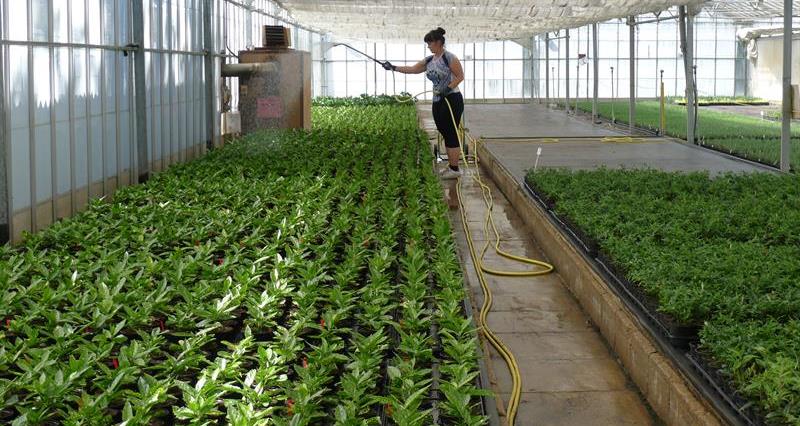The scheme launched on 19 January 2022 and closed for initial applications on 16 March 2022.
It is aimed at boosting food production by improving farm productivity through the use of cutting edge robotics and technology.
New slurry management systems
Farmers were also able to apply for grants towards new slurry management systems. This meant they could purchase equipment that lowers the acid in slurry which in turn increases the nutrients for plants and reduces ammonia emissions and pollution.
Doing this will contribute to government commitments to achieving net zero greenhouse gas emissions by 2050.
Find out more about the scheme on GOV.UK's Farming Investment Fund page.
Application information
The initial online eligibility checker was open from 19 January 2022 to 16 March 2022.
Applications were not automatically granted. When applying for a grant, you were competing with other applicants.
The RPA has assessed the initial applications received and made the following decisions:
- the strongest scoring projects have been invited to progress with a full application in two tranches set out below.
- the weakest projects will be turned down.
Two-stage process
The application process was a two-stage competitive process.
There was an initial application process which, if successful, led to Defra inviting the applicant to submit a full application.
As well as applications for productivity projects, slurry – mild acidification equipment was also available.
The RPA allowed a second batch of Improving Farm Productivity large projects to progress to full application stage. The deadline for these applicants to submit their full application was 31 January 2023.
After the deadlines, the RPA assessed the full applications and decided on which will be offered grant funding.
Critically, planning permission needed to be in place by 31 December 2022 for the first tranche, and by 31 May 2023 for the second tranche.
Competitive process
The application process was competitive, so you would be in competition with other applicants. Defra was looking for projects that best meet the priorities for funding and that are good value for taxpayers’ money.
If you could show this in your application, you would be more likely to receive a grant.
What was available?
The grants awarded through Improving Farm Productivity will pay for capital items to improve farm and horticulture productivity through the use of:
- robotic or autonomous equipment
- systems to aid crop and livestock production and the installation of slurry acidification equipment (to improve nutrient management and reduce ammonia emissions).
Defra was particularly looking for projects that:
- improve productivity
- improve the environment and
- introduce innovation (perhaps but not exclusively by the use of robotics).
This included:
- improving efficiency and effectiveness of primary agricultural or horticultural production
- reducing a farm’s environmental impact resulting in a positive contribution to net zero and GHG reduction.
Improving nutrient and resource management that supports optimisation of field and livestock operations and adoption of automation in areas where access to labour is an issue are also themes that are considered.
Scheme payment
As stated above, the minimum grant that could be claimed was £35,000 (40% of £87,500). The maximum grant available under the Improving Farm Productivity theme was £500,000 per applicant.
If members wanted to apply for both a slurry project and a robotics project, they needed to submit two separate applications.
The maximum grant amount for both projects was £500,000 in total.
Grants are paid in arrears, so claims will only be accepted after the work being claimed for is completed and has been paid for.
A maximum of three claims over the course of the project is allowed.
Lease or hire purchase
If an item is purchased using lease purchase or hire purchase, it needs to be owned outright before a claim for grant money can be made.
This means, before you claim the grant, payment of all of the instalments must be made and evidence that shows that the title has passed to you. Otherwise, these will not be included in costs for claim.



